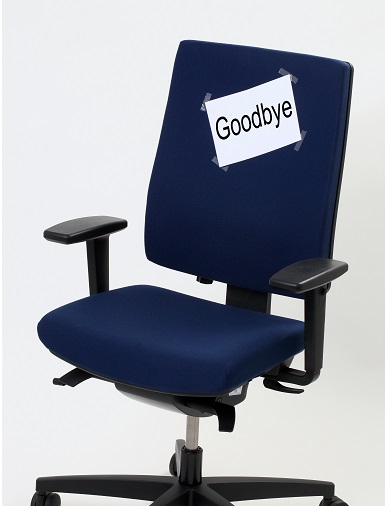 At a time when all staff in GP practices are under unprecedented pressure and there simply doesn’t seem to be enough hours in the day as it is, holiday and sickness absence can be a real headache. While there are locums out there to cover GP absence, what about frontline staff in a practice? How can you cover a receptionist when they’re not in work?
At a time when all staff in GP practices are under unprecedented pressure and there simply doesn’t seem to be enough hours in the day as it is, holiday and sickness absence can be a real headache. While there are locums out there to cover GP absence, what about frontline staff in a practice? How can you cover a receptionist when they’re not in work?
First up, you could cut holiday allowance, but that’s probably not the smartest idea! So how can you get staff to cover for their colleagues without causing a mass exodus?
Write expectations into a contract
For many practices the simplest way to ensure cover is to get it written into contracts. We’ve all worked with people who refuse to do any overtime so make sure their contractual obligations are written into their contract and communicated at the time of interview.
It’s commonplace for practices to expect staff to cover for their colleagues when they’re on holiday and one successful approach is to simply allocate cover equally and fairly amongst staff. If they can’t do a particular day make it their responsibility to swap or organise with their colleagues.
A culture of give and take
Employees in all workplaces, including practices, often respond better when they feel a part of a discussion about cover. Some even work better when they are empowered to sort things out themselves.
Robert Campbell, a retired Practice Manager commented on the Practice Index Forum: “One thing I tried was to pair staff together in a mini team and make them responsible for covering each other, similar to a job share but more informal. Staff were paid for extra working time but curiously this is not always what they want. Time off in lieu was always popular but needs to be controlled.”
Another suggestion received from a practice manager is to work through the rota with staff, so they can see it is clear why and when they are needed. It’s always worth talking to colleagues to explain the importance of covering each other.
Both of the above ideas are all about fostering a culture of give and take – there will be always be times when staff are sick, need time off for personal commitments or wish to go on holiday, so by encouraging people to work together it can ease the burden on the practice manager to sort cover out. Give and take means staff are more likely to step in at short notice when one person calls in sick.
Proactive management
Prevention is better than cure, so it will usually pay to lay down some rules about absence. Things such as no two members of the reception team being away at the same time, making policy about leave over the Christmas and New Year period clear and ensuring there’s a minimum notice period for holidays can help to alleviate problems and ensure there’s time to find cover.
More staff, fewer hours
There’s more management involved, but it could it beneficial to have more staff working part-time hours versus fewer staff working full-time? If nothing else, it provides a larger pool of people who could possibly take on some overtime or be called in to cover sickness.
Flexible contracts
Some practices are starting to employ new staff on a flexible hours contract weighted in favour of the practice. This works by ensuring employees are given a core number of hours to work, but with the practice manager having the option to vary start and finish times and working days as and when is needed. This requires notice to be given but, through careful planning, ensures that staff aren’t really working overtime – they’re just working different shift patterns.
Overtime or lieu time?
Do you provide lieu time or overtime for extra work? Different staff look for different rewards for covering their colleagues. As one practice manager points out though, lieu time isn’t always the answer as it just moves the problem to a later date – more cover will need to be found somewhere down the line.
Locum receptionists?
Many of the above points work better for holiday cover than they do for short notice sickness absence. Plus, of course, there are times when sickness and holidays coincide.
Therefore, should CCGs look into recruiting locum receptionists who know the NHS and its systems and can step in when required? Alternatively, it could be worth practices having a couple of substitutes on the bench – maybe retired staff or former employees who haven’t returned to work after maternity leave, for example.
Occupational health
Finally, we shouldn’t overlook the value of occupational health schemes. As mentioned above, prevention is better than cure, so could looking after the wellbeing of staff help reduce sickness in the first place?
Holiday and sickness absence is a problem that won’t go away but, by initiating a few simple steps and thinking about the management of cover, the pain can be alleviated to a degree.
To discuss this blog post post please comment below or here in the forum.





0 Comments